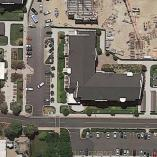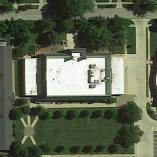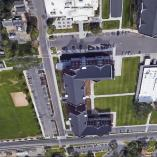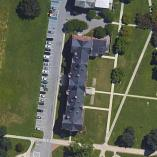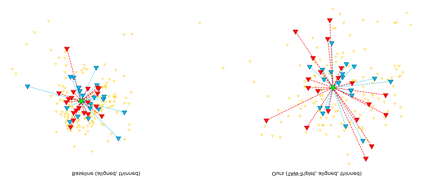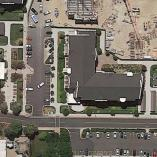Cross-view geo-localization (CVGL) between drone and satellite imagery remains challenging due to severe viewpoint gaps and the presence of hard negatives, which are visually similar but geographically mismatched samples. Existing mining or reweighting strategies often use static weighting, which is sensitive to distribution shifts and prone to overemphasizing difficult samples too early, leading to noisy gradients and unstable convergence. In this paper, we present a Dual-level Progressive Hardness-aware Reweighting (DPHR) strategy. At the sample level, a Ratio-based Difficulty-Aware (RDA) module evaluates relative difficulty and assigns fine-grained weights to negatives. At the batch level, a Progressive Adaptive Loss Weighting (PALW) mechanism exploits a training-progress signal to attenuate noisy gradients during early optimization and progressively enhance hard-negative mining as training matures. Experiments on the University-1652 and SUES-200 benchmarks demonstrate the effectiveness and robustness of the proposed DPHR, achieving consistent improvements over state-of-the-art methods.
翻译:暂无翻译

